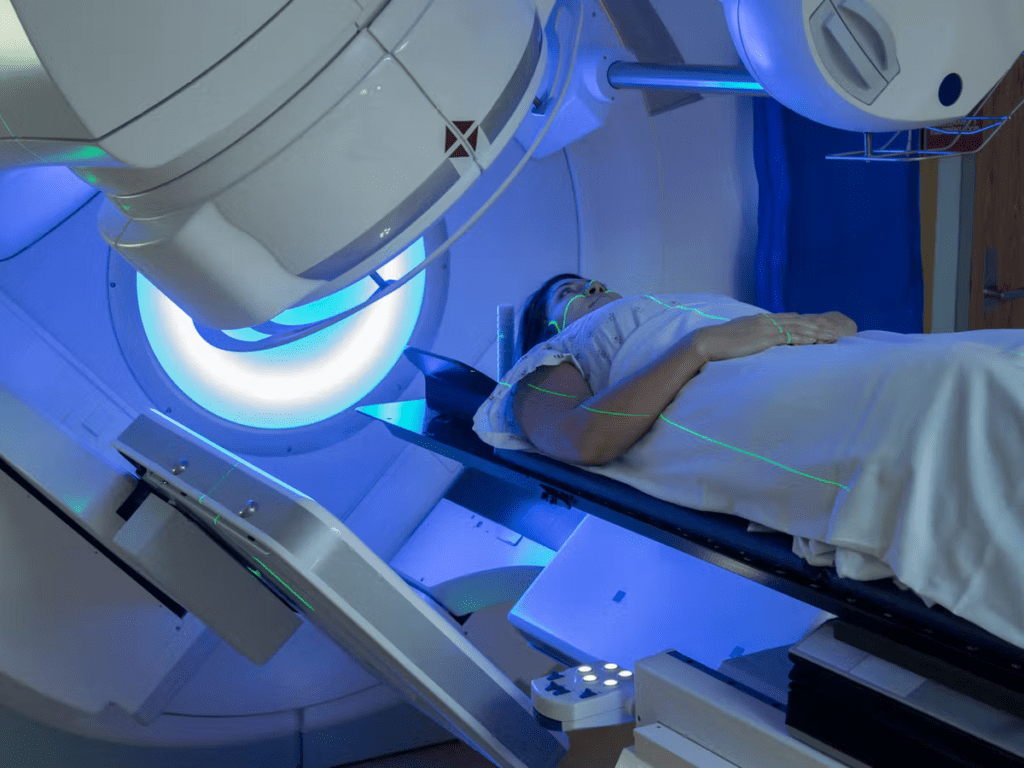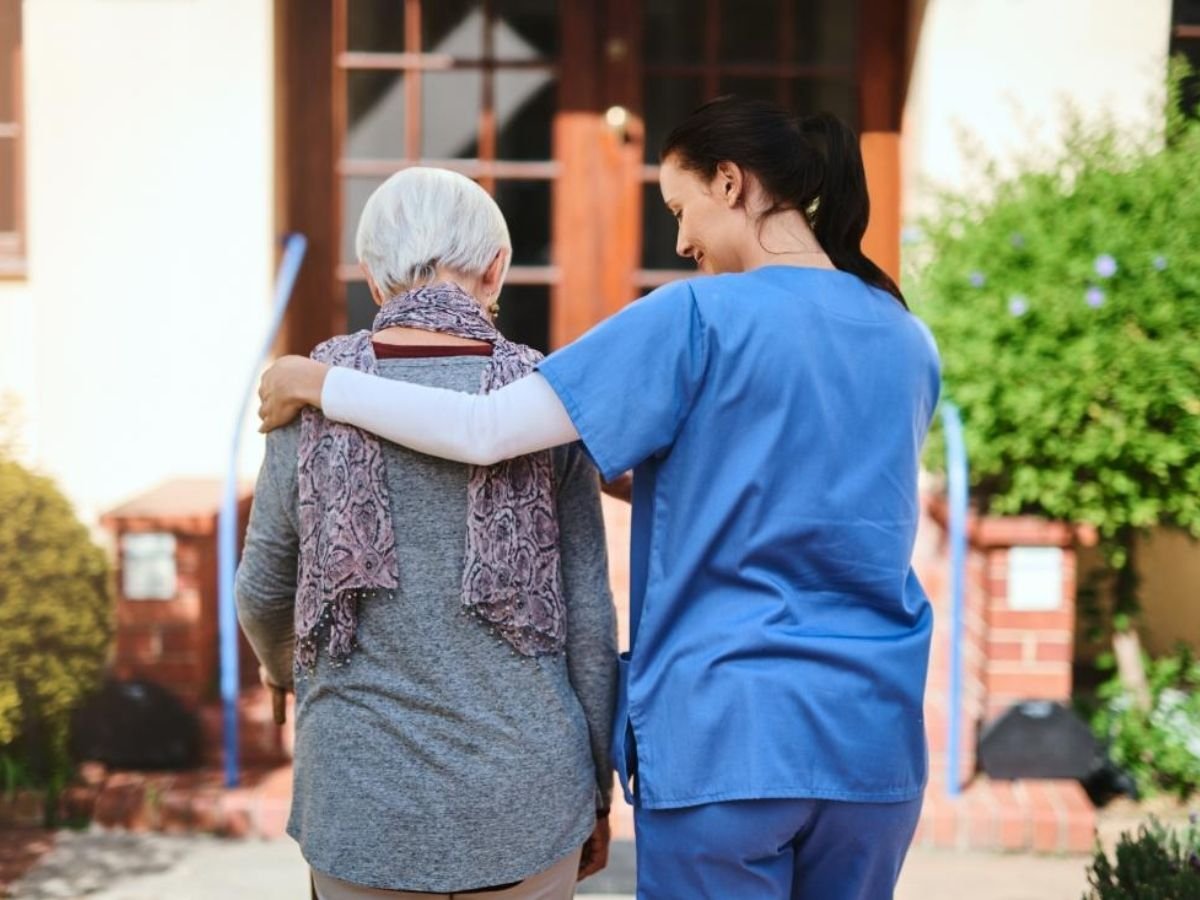Cancer, according to two studies looking for quicker, softer cancer care, some cancer patients can safely skip radiation or chemotherapy after surgery.
Researchers are attempting to precisely anticipate which cancer patients can avoid unnecessary treatment in order to reduce severe side effects and wasteful costs.
A blood test was used in one new trial to predict which colon cancer patients could avoid chemotherapy following surgery. Another study reveals that some low-risk breast cancer patients may be able to avoid radiation after a lumpectomy.
The study was discussed during the American Society of Clinical Oncology’s annual meeting, which concluded Tuesday in Chicago. The colon cancer study, which was supported by the governments of Australia and the United States as well as nonprofit organizations, was published Saturday in the New England Journal of Medicine.
The findings could allow doctors to “focus on the patients we believe would truly benefit from chemotherapy and avoid the side effects for patients who are likely unnecessary,” according to Dr. Stacey Cohen of Fred Hutchinson Cancer Research Center in Seattle, who reviewed the colon cancer findings but was not involved in the research.
CANCER OF THE COLON
Even if they are cured, many colon cancer patients are given chemotherapy after surgery. Side effects of the medications include nausea, anemia, and memory issues.
However, determining which individuals do not require continued treatment has been difficult. Scientists investigated whether a blood test could assist doctors in making the decision.
The study included 455 individuals who underwent surgery after cancer had progressed to the colon wall. Following surgery, one group was given a blood test tailored to their tumor’s genetic profile to detect any leftover cancer DNA.
The blood test directed their care: if there were no symptoms of residual cancer, the patients did not get chemotherapy. Meanwhile, clinicians made chemo decisions for the remaining patients in the usual manner, informed by tumour and surrounding tissue studies.
Patients in the blood test group received chemo at a lower rate — 15% vs. 28%. However, after two years, approximately 93 percent of both groups were cancer-free. In other words, the blood test group did just as well as the treatment group.

“The likelihood of cancer relapse is very low in patients when cancer DNA is not discovered after surgery, suggesting that chemotherapy is very unlikely to benefit these patients,” said Dr. Jeanne Tie of the Peter MacCallum Cancer Centre in Melbourne, Australia, who led the research.
Skipping chemo makes “a tremendous difference in a person’s quality of life if that can be done without putting them at risk for recurrence,” according to ASCO president Dr. Everett Vokes, a head and neck and lung cancer specialist at University of Chicago Medicine.
CANCER OF THE BREAST
The other study examined 500 older women who had a common type of early-stage breast cancer and low levels of a protein called Ki67, which is a sign for cancer that grows quickly.
The ladies were given hormone-blocking medications after surgery, which is normal treatment for this form of cancer, but they did not receive radiation.
After five years, ten of the women had cancer recur in the same breast, and one woman died from breast cancer. There was no comparison group, but the researchers claimed the results compare favourably to previous data for similar radiation patients.
“We estimate that the benefits of radiation in this population would be extremely minimal relative to the negative effects,” said Dr. Timothy Whelan of McMaster University in Hamilton, Ontario, who led the study, which was funded by the Canadian Breast Cancer Foundation and the Canadian Cancer Society.
Radiation can cause skin issues, exhaustion, and, in rare cases, long-term heart problems and secondary malignancies.
According to Dr. Deborah Axelrod of NYU Langone Health, who was not involved in the research, the study is a “feel-good” message for patients with low-risk malignancies and will help clinicians understand which of their patients they “may safely, with confidence” skip radiation from.








































